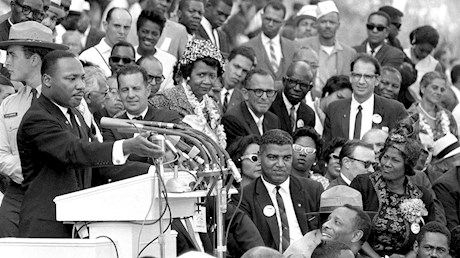Years ago I sat alongside a dozen pastors in a sun-baked, mud-caked church in rural northern Mozambique. They’d gathered to test a recent translation of Isaiah in Lomwe, their local dialect. The Isaiah passage was familiar to me, but not the language. Still, as we went around the circle—each pastor reading aloud to hear how the new translation sounded—I picked up enough to pronounce some words. When it came my turn to read, rather than pass, I plunged in and read a few verses myself. The Lomwe pastors heard me speaking their language even though I didn’t fully know what I was saying. They beamed with delight. A white American minister had traveled all the way to their village to understand them without insisting they first understand him.
I can’t help but connect this experience to the first Christian Pentecost. In the wake of Jesus’ ascending to heaven and the Holy Spirit’s descent, Acts 2 reports new-and-improved Aramaic-speaking apostles speaking the gospel in the wide array of languages to the peoples gathered in Jerusalem (Acts 2:4). The crowds heard their own native tongues being spoken even though the apostles didn’t know the dialects (Acts 2:6). This is why we refer to Pentecost as a miracle of speech. But what if it was just as much a miracle of hearing?
I counted on such miracles most Sundays in my many years as a preacher. After a sermon, a listener would thank me for saying “just what I needed to hear.” When I asked what it was that I said, the person would relay the words they heard—words I knew I never spoke (being the manuscripted preacher I am). This was the Holy Spirit’s doing, I believe, making my words work in ways I hadn’t dreamed they …
News brought to you by Christianity Today




